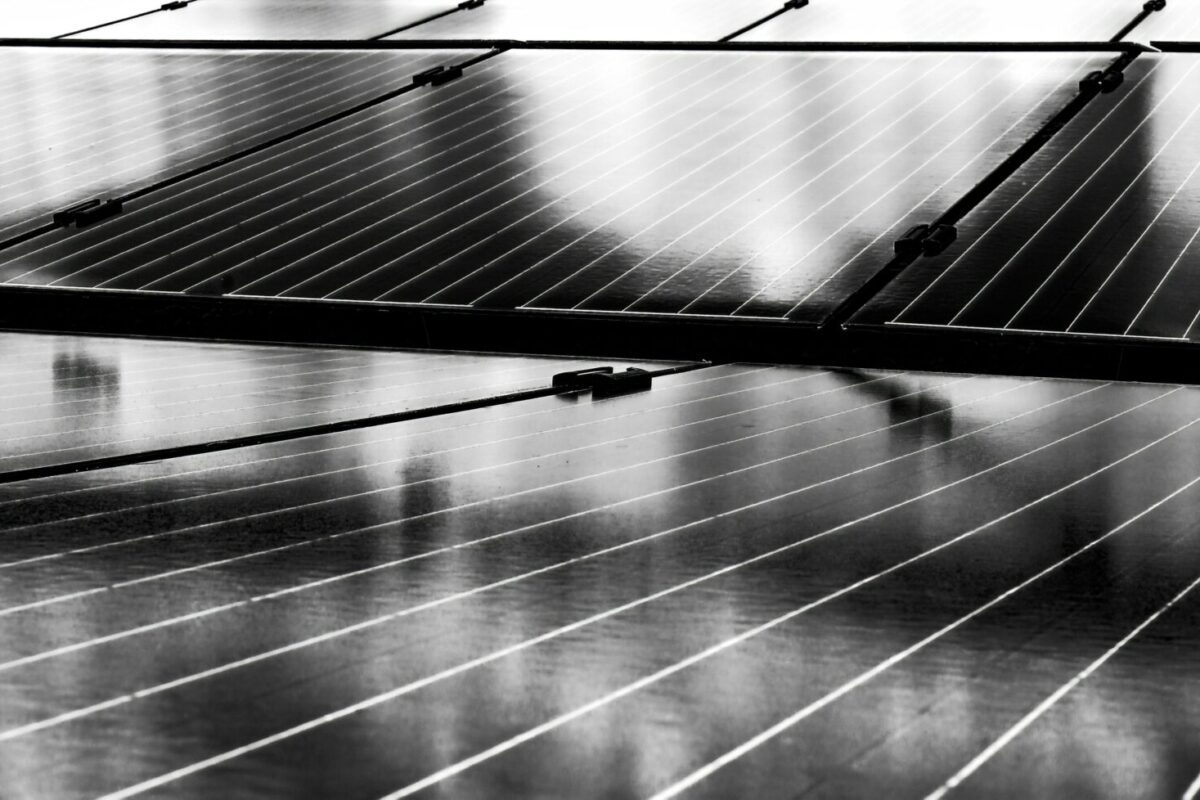Korean solar manufacturer Hanwha Q Cells has given a much-needed boost to the EU economy by committing to a €125 million ($141 million) R&D spend over the next three years. The company said its German investment showed its commitment to European solar amid the Covid-19 pandemic.
A long-term study into the effects of air pollution on solar panel yield has established an 8% rise in midday solar irradiation levels in Delhi coincided perfectly with the introduction of coronavirus lockdown measures in the Indian capital.
Analyst Arcadia has predicted electricity bills will rise an average 10% in the 13 largest metropolitan areas of the U.S. thanks to the stay-at-home orders that were issued in a bid to combat the spread of Covid-19.
Norwegian accreditation institute DNV GL has said the Covid-19 crisis – on top of energy efficiency improvements – is likely to mean global CO2 emissions peaked last year, but urged policymakers to do more to add green conditions to the economic stimulus packages currently being rolled out around the world.
Road to recovery
Australian renewables thinktank Beyond Zero Emissions has published a five-year ‘Million Jobs Plan’ roadmap for an economic recovery from Covid-19. The report actually envisages the creation of 1.8 million jobs from renewables and low-emission projects. South Australian utility SA Water has said its zero-carbon ambition to spend AU$300 million (US$209 million) on solar and storage this year has stayed on track despite Covid-19, with 147,000 of a planned 500,000 solar panels already installed.
India’s Federation of Chambers of Commerce and Industry has suggested measures to support the nation’s electric vehicle industry through the Covid-19 crisis, including new purchase incentives and a two-year extension of the Faster Adoption and Manufacturing of Hybrid and Electric Vehicles program to 2025. Elsewhere, main government thinktank NITI Aayog and U.S.-based research body the Rocky Mountain Institute have published a report assessing how the Covid-19 pandemic could lead the nation to a more resilient, renewables-driven energy system which could drive savings to be spent on other development priorities and offer more national self sufficiency. The report’s authors cited the example of a domestic battery manufacturing industry which could be worth INR1 trillion ($13.3 billion) by 2030.
An International Energy Agency report into the rate of clean energy technological innovation and deployment needed to stay on track with the Paris Climate Agreement goals has attempted to forecast the knock-on effects of the Covid-19 pandemic causing a five-year delay to R&D spending. The report found such an outcome on electric vehicle innovation, for example, would drive 2.5Gt of CO2 emissions by 2040 due to reduced take-up of EVs. That would lead to a 20% reduction in cumulative battery production by that stage, equating to 34 fewer gigafactories’ worth of output and driving an 8% increase in average battery costs by 2025.
Covid-19
This content is protected by copyright and may not be reused. If you want to cooperate with us and would like to reuse some of our content, please contact: editors@pv-magazine.com.




1 comment
By submitting this form you agree to pv magazine using your data for the purposes of publishing your comment.
Your personal data will only be disclosed or otherwise transmitted to third parties for the purposes of spam filtering or if this is necessary for technical maintenance of the website. Any other transfer to third parties will not take place unless this is justified on the basis of applicable data protection regulations or if pv magazine is legally obliged to do so.
You may revoke this consent at any time with effect for the future, in which case your personal data will be deleted immediately. Otherwise, your data will be deleted if pv magazine has processed your request or the purpose of data storage is fulfilled.
Further information on data privacy can be found in our Data Protection Policy.